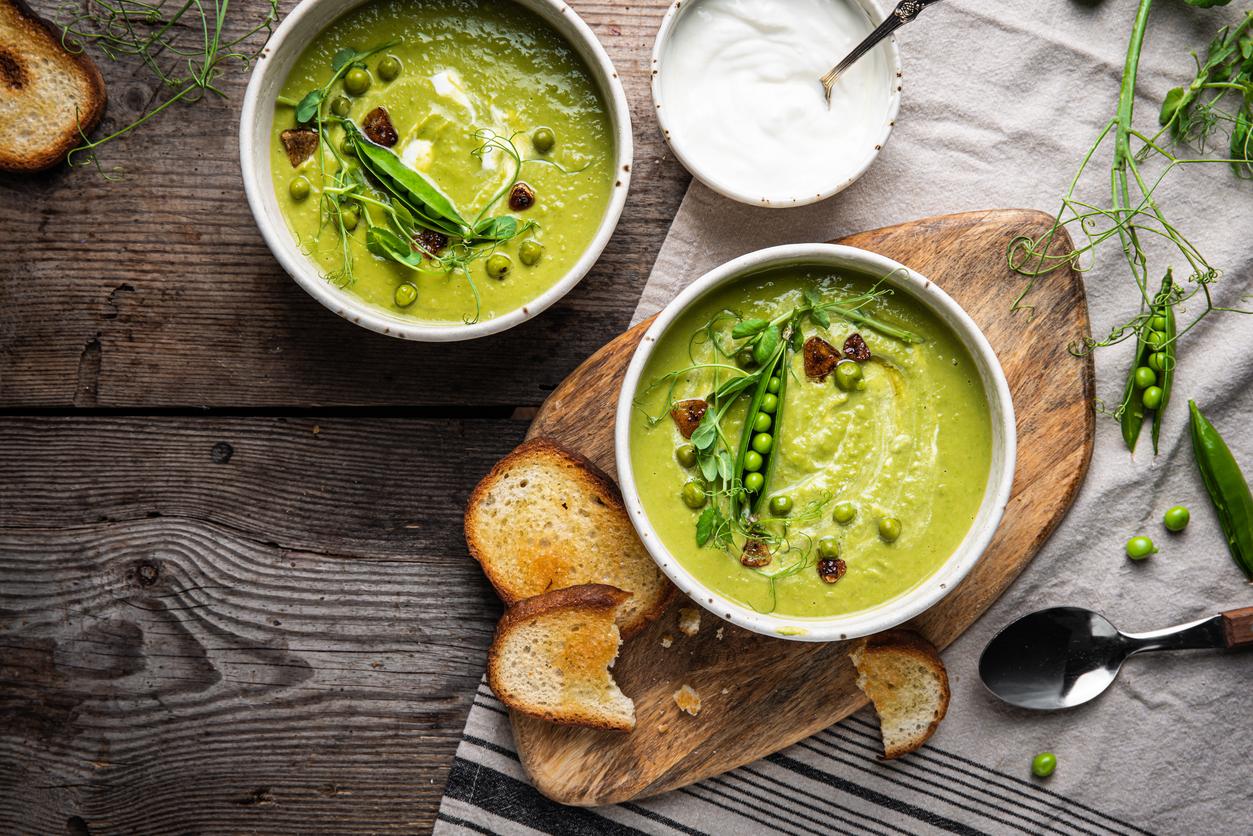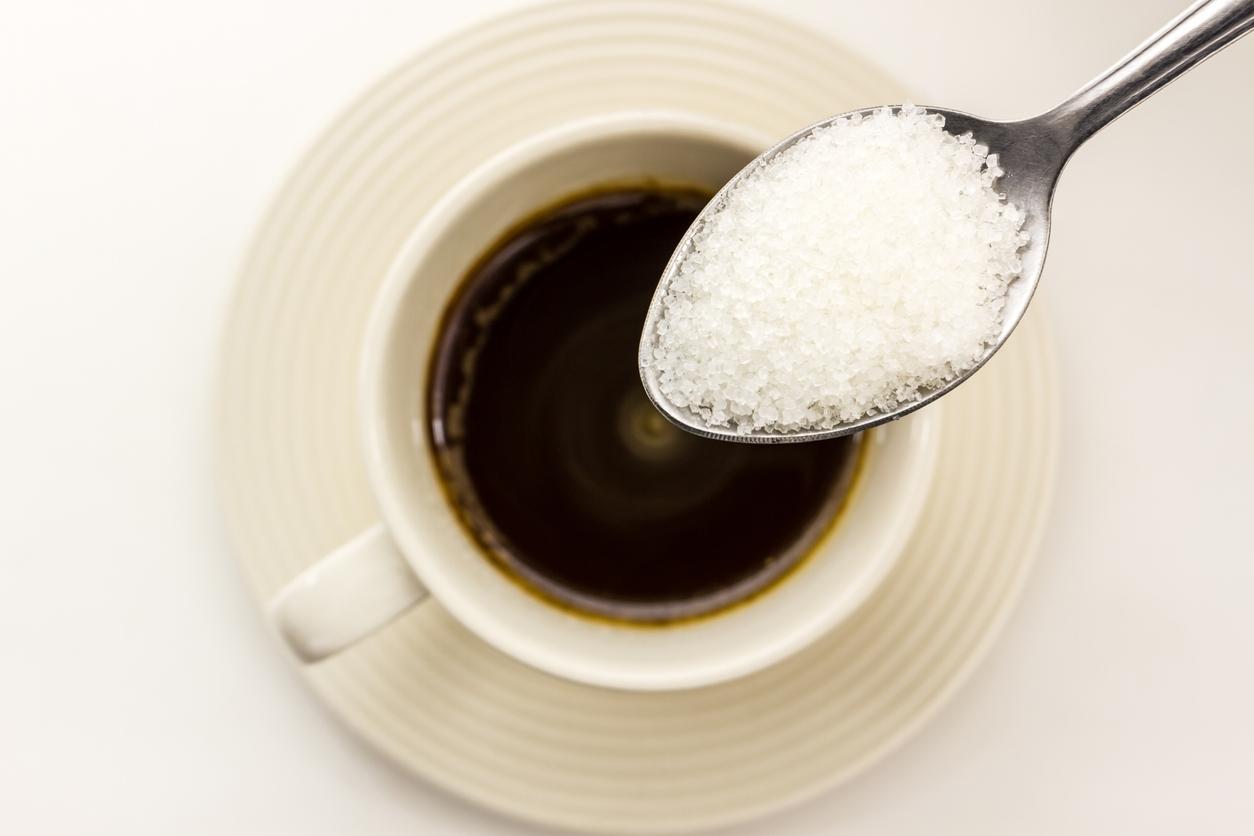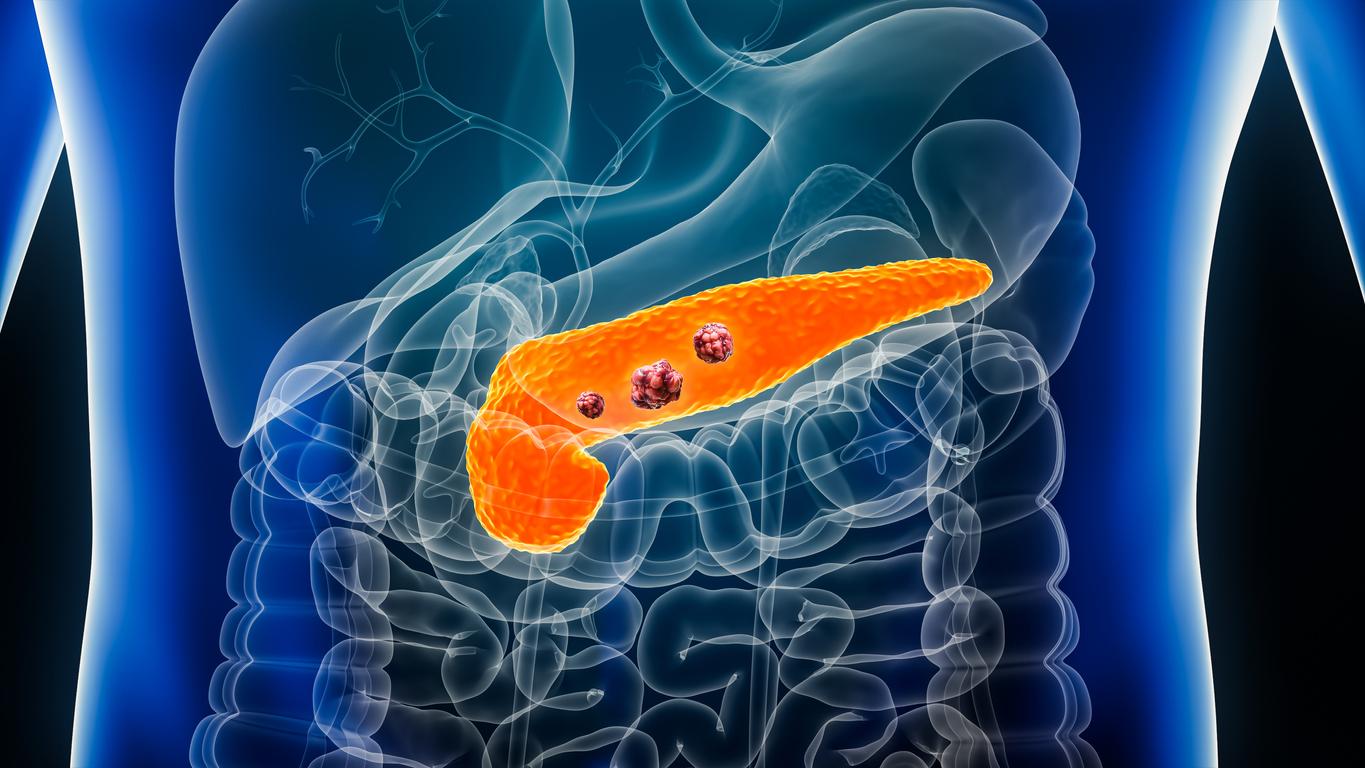Despite an overall decline in food additives in ultra-processed products over the past eight years, these chemicals are still far too present, warns an ANSES report published on November 20.

It is well known that ultra-processed foods are bad for your health. Donuts, charcuterie, prepared meals, aperitif cakes… all these products have undergone several transformation processes that are potentially harmful to humans. Besides their high sugar content, one of the main reasons why they pose a health risk are the food additives that manufacturers put in them to give them texture, flavor and better preservation. And according to a new study by ANSES, published on November 20, if the food additives of these products have been in decline for eight years, they are still too present. According to the Food Safety Agency report, three quarters of processed products always contain at least one additive and 53% contain at least three.
To reach these conclusions, ANSES researchers studied 30,000 food products between 2008 and 2016. Over this period, 78% of the products analyzed mention at least one additive on their list of ingredients.
“Food additives are substances intentionally added to foods at various stages of production for a technological purpose. Their use is governed by European regulations (EC No. 1333/2008) which establishes the list of authorized additives on the basis of a prior risk assessment, and defines in particular the conditions of use. This regulation provides that the Member States communicate to the European authorities the data they have on the use of additives in the food industry”, explain the researchers.
More and more chemical compotes
In detail, the most common additives are “citric acid (E330), used in particular as an acidity regulator, which is mentioned on 23% of products; modified starches, used in particular as thickeners, which concerns 22% of products; lecithins (E322), used in particular as emulsifiers, present in 17% of products”, notes the report.
And if 53% of the products studied contain less than three different additives, 4% of the products use at least ten. These are mainly pastries and frozen desserts (16%), fresh catering products (15%) and ice cream and sorbets (12%).
Another interesting observation: among the 46 most used additives, four increased over the period studied: + 2 points for carotenoids used as colorants (E160a), + 1 point for sodium carbonates (E500) used as baking powder , + 0.4 point for pectins (E440) which are used in particular as a gelling agent, + 0.3 point for anthocyanins (E 163) used as colorants. The researchers were also able to observe that the number of products with additives had increased significantly for compotes (+10 points).
Prioritize fresh produce
However, all is not so negative since the overall use of additives in processed products has decreased a little, the researchers noted. Thus, among the 20 food categories for which evolution data are available, the number of products without additives is increasing: it has gone from 13.7 to 18.3% of products since the beginning of the 2010s. this decline in all market segments and especially in fresh delicatessen products.
“All the data is made public in order to contribute to the assessment of health risks and to the continuous improvement of the quality of the food supply, by allowing better characterization of exposure to additives. These results could later be enriched with development data concerning other categories of products and extended to the confectionery sector, which uses colorings in particular. Finally, it will be useful to follow the alternatives used by manufacturers to replace food additives, whether through the use of new technological treatments, the reduction of the shelf life of the product, or substitution with other substances” , conclude the researchers.
But in the meantime, the best solution is still to avoid the consumption of ultra-processed foods as much as possible. If you are addicted to desserts, choose fresh products. “Why not have yoghurt with a little honey or sugar rather than ice cream, why not have a fruit salad rather than an ultra-processed dessert and why not have bread and chocolate and make bread and chocolate together rather than pain au chocolat? It will be healthier, cheaper and it will be less of a source of overweight”, advises in particular Dr Jacques Fricker, interviewed by franceinfo.
Higher cardiovascular risks
Ultra-processed foods are regularly singled out by science. It has been proven many times that by assimilating these products too quickly, our body increases the production of insulin. However, too much insulin promotes the occurrence of cancers, cardiovascular diseases and obesity.
In May, works published in the journal Cell Metabolism have also observed that people subjected to an ultra-transformed diet ate more calories, which implied weight and fat gain. The same month, two studies simultaneously published in the British Medical Journal (BMJ) have shown that the abuse of ultra-processed products increased risk of death from cardiovascular diseasein particular coronary and cerebrovascular diseases.

.

















